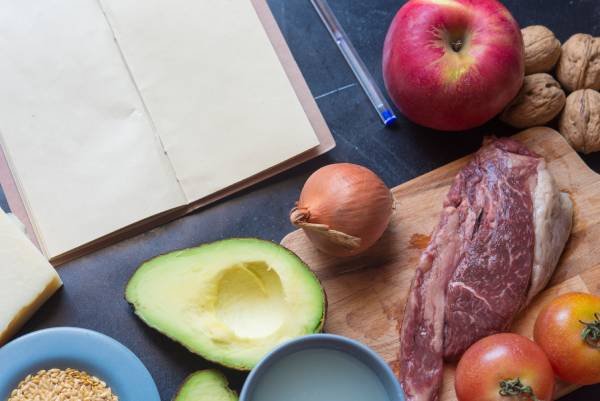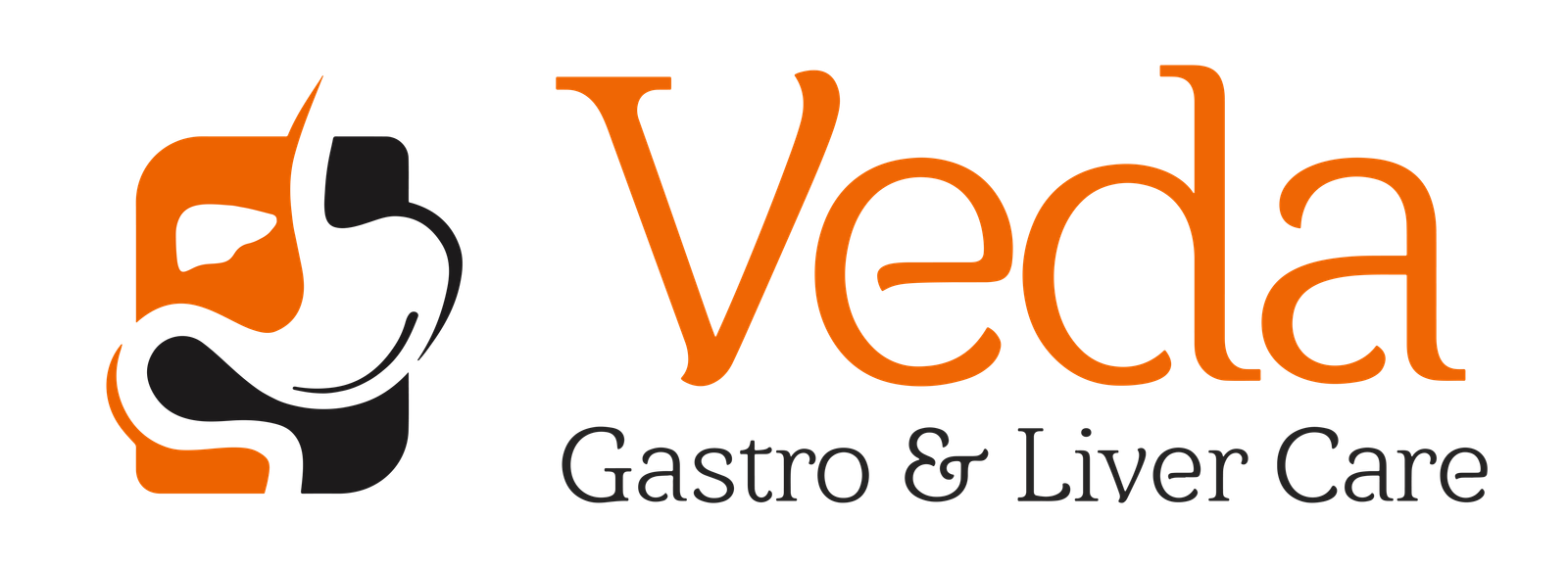
Leaky gut syndrome — medically known as increased intestinal permeability — is a condition where the lining of the intestines becomes damaged, allowing toxins, bacteria, and undigested food particles to pass through into the bloodstream. This can trigger inflammation, autoimmune responses, food sensitivities, and a wide range of health issues, from digestive problems to skin conditions and fatigue. One of the most effective ways to begin healing a leaky gut is by avoiding foods that irritate or damage the gut lining. In this blog, we will explore the 7 foods to avoid for a leaky gut and why they can be harmful to your digestive health.
1. Gluten
Gluten is a protein found in wheat, barley, and rye. For many people — especially those with celiac disease or gluten sensitivity — gluten can cause inflammation and damage to the intestinal lining. It increases the production of zonulin, a protein that controls the tight junctions in your gut wall. When zonulin levels rise, it can lead to increased permeability of the gut lining. Common sources of gluten include bread, pasta, cereals, crackers, and baked goods. If you're trying to heal a leaky gut, eliminating gluten is often a key first step.
2. Refined Sugar
Excessive consumption of refined sugar is one of the leading causes of gut inflammation. Sugar feeds harmful bacteria and yeast, like Candida, allowing them to multiply and overpower beneficial bacteria. This microbial imbalance can weaken the gut barrier and lead to further digestive distress. Sugar is often hidden in many processed foods, sauces, beverages, and snacks. Avoid products containing high-fructose corn syrup, cane sugar, and artificial sweeteners to support your gut healing.
3. Dairy Products
While some people tolerate fermented dairy like yogurt or kefir, many individuals with leaky gut find that conventional dairy causes bloating, gas, or diarrhea. The two main culprits are casein (a milk protein that can irritate the gut lining) and lactose (a sugar that many people can’t digest properly). Milk, cheese, cream, and ice cream can exacerbate inflammation and should be eliminated — at least temporarily — until the gut is healed.
4. Alcohol
Alcohol is a major irritant to the gut lining. It disrupts the balance of gut bacteria, increases intestinal permeability, and promotes inflammation. Even moderate drinking can weaken the gut barrier over time.
People with leaky gut should avoid beer, wine, and spirits during the healing process to give the intestinal wall time to repair and restore balance.
5. Processed and Packaged Foods
Processed foods are often full of artificial additives, preservatives, and emulsifiers that can harm your gut. Ingredients like carrageenan, polysorbate 80, and artificial colors can inflame the intestinal lining and worsen leaky gut symptoms.
These foods also typically lack fiber and nutrients, which are essential for gut repair. Items to avoid include frozen meals, chips, candies, and ready-to-eat snacks.
6. Fried Foods and Trans Fats
Fried foods and those high in trans fats can damage the gut lining and promote systemic inflammation. Trans fats are artificial fats found in margarine, baked goods, and many fast foods.
These unhealthy fats impair gut barrier function and negatively affect the gut microbiome. Avoid deep-fried foods like fries, fried chicken, and donuts, and always read labels for partially hydrogenated oils — a major source of trans fats.
7. Legumes and Soy (In Sensitive Individuals)
Legumes, including beans, lentils, and peas, contain lectins and phytates, which can irritate the gut in some individuals, especially when gut health is already compromised.
Similarly, soy (often genetically modified and highly processed) can be difficult to digest and may cause inflammation in sensitive people. If you suspect a sensitivity, it’s best to eliminate these foods temporarily and reintroduce them later, once the gut begins to heal.
Final Thoughts
If you’re dealing with leaky gut, your first line of defense is your diet. Eliminating foods that damage the gut lining and promote inflammation is crucial for recovery. By avoiding gluten, sugar, dairy, alcohol, processed foods, fried foods, and potentially legumes or soy, you reduce the triggers that worsen gut permeability. At the same time, focus on eating gut-healing foods like bone broth, leafy greens, fermented vegetables, healthy fats, and lean proteins. With consistency and care, your gut can begin to heal — leading to better digestion, clearer skin, stronger immunity, and improved energy.

